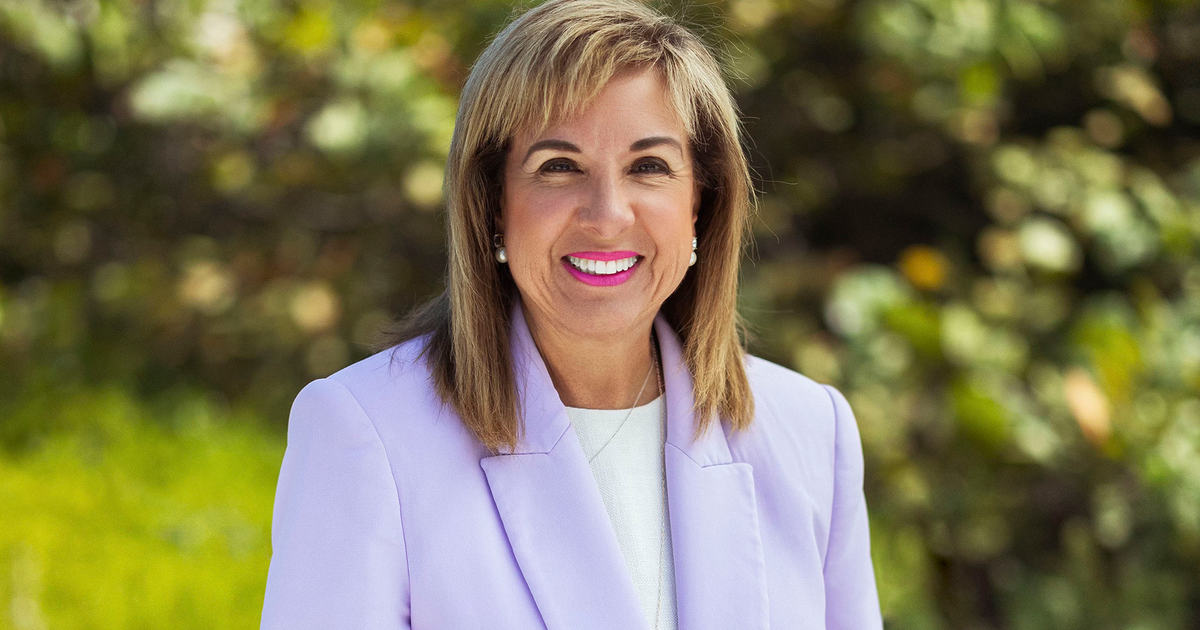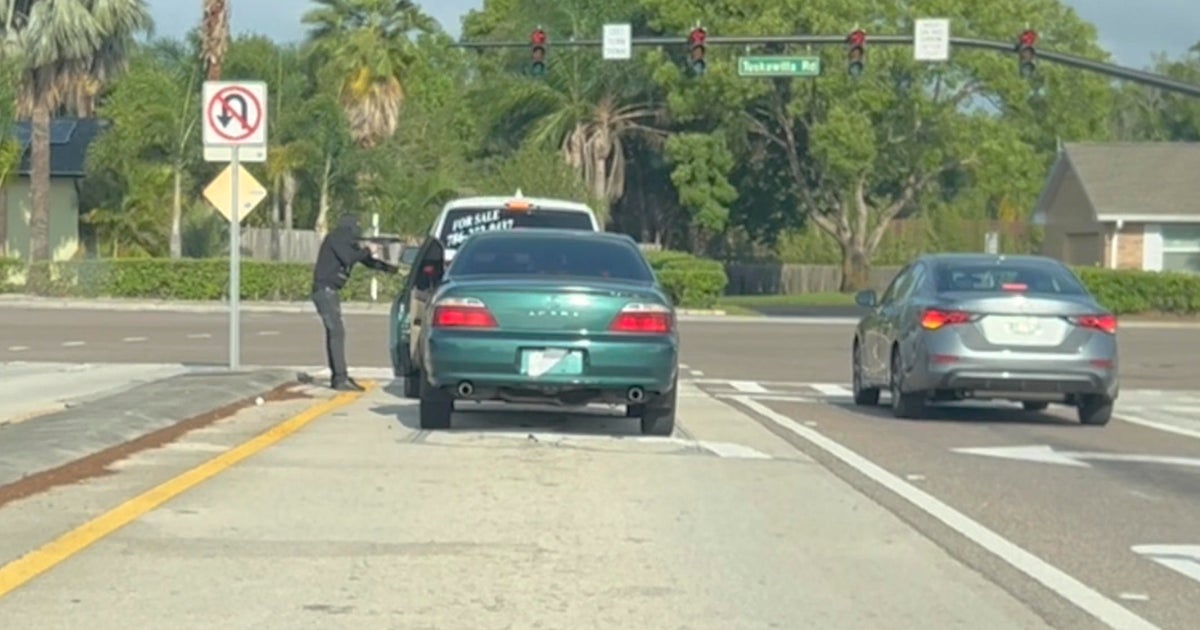Poll: Capitalism In Trouble Due To Income Inequality
MIAMI (CBSMiami) – As Mitt Romney and Newt Gingrich fight with each other in South Florida over who can best fix the economy, half a world away in Davos, Switzerland, the global financial and business elite say an issue championed likely to be at the heart of the 2012 presidential election is at the heart of the world's financial problems.
According to a Bloomberg survey of those gathering for the annual world economic meeting in Davos, 70 percent said there is some truth that banks have too much power over governments, and that capitalism itself is in trouble due to growing income/wealth distribution.
"Capitalism is in crisis because there is a huge and growing disparity in income/wealth distribution in Western economies, and an equally divisive generational disparity," Michael Derks, chief strategist at FxPro Financial Services told Bloomberg.
Derks continued, "It requires government intervention on an enormous scale, because an economy cannot survive if it does not invest in the younger generation."
According to the Bloomberg poll, more than half of the delegates at Davos said income inequality hurts economic growth and roughly two-thirds said governments should use policies to address the issue.
But while world leaders and world financial organizations are calling for changes to address the income inequality and reinvesting in future generations, just 20 percent of U.S. investors at Davos said capitalism needs an overhaul.
Still, according to Bloomberg, the average income for the richest 1/10th of the population is roughly nine times that of the poorest 1/10th and has grown 10 percent since the 1980's. The United States, Israel, Mexico, and the United Kingdom reportedly have the biggest divides between the rich and the poor.
American investors at Davos didn't seem to be bothered by the discrepancy. According to the Bloomberg poll, a majority of U.S. investors said income inequality doesn't hinder growth. That contrasts to 50 percent of Europeans and 60 percent of Asians who say the growing inequality is a growth hindrance.



